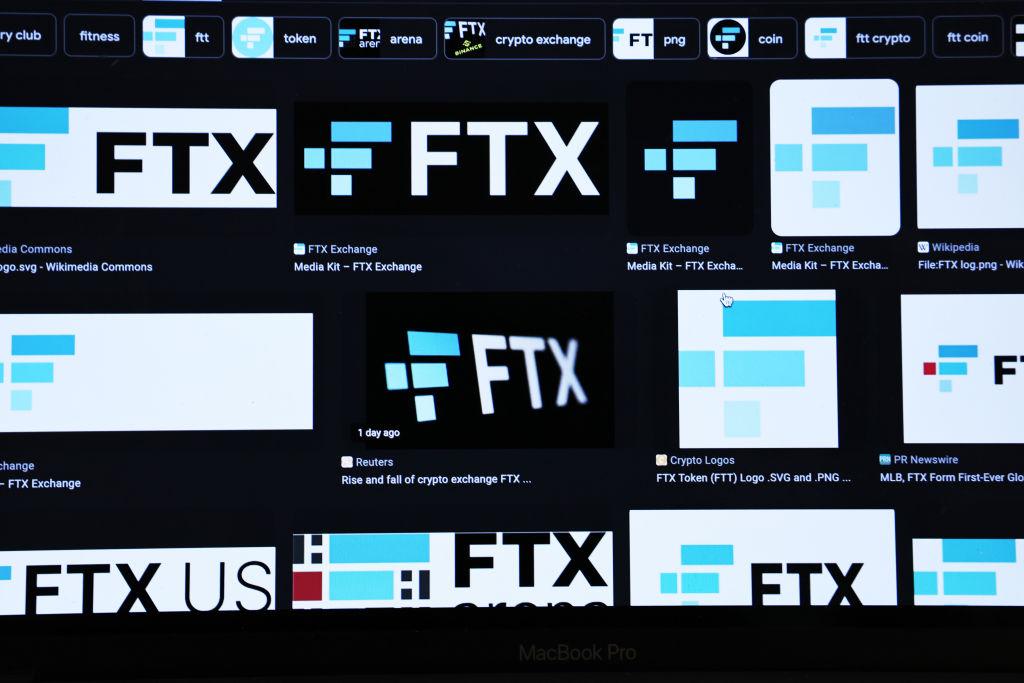Department of Justice prosecutors plan to seize $465 million of Robinhood shares tied to FTX founder and former CEO Sam Bankman-Fried, who has been charged with fraud in the collapse of the FTX cryptocurrency exchange.
In May, Bankman-Fried purchased a 7.6 percent stake in Robinhood, worth about $648 million at the time, according to a Securities and Exchange Commission filing. The shares of the stock-trading app soared by more than 20 percent on the revelation.





